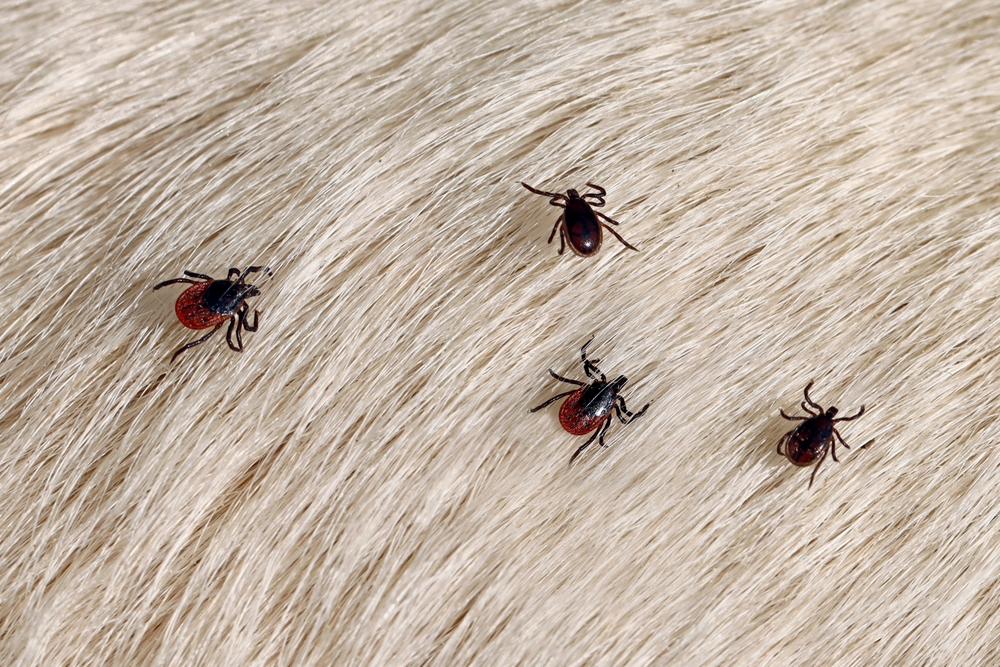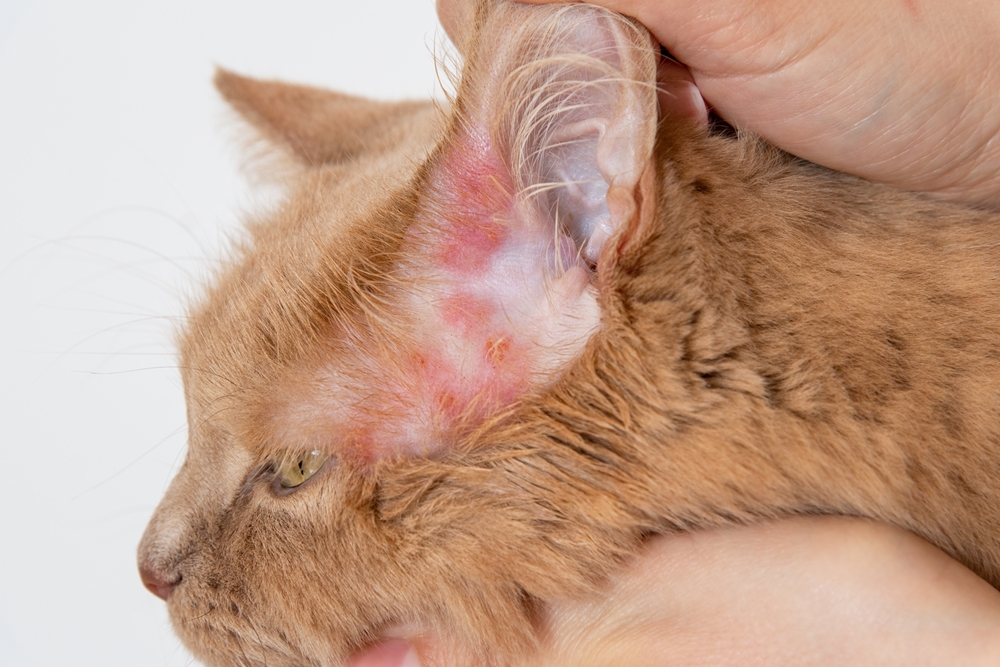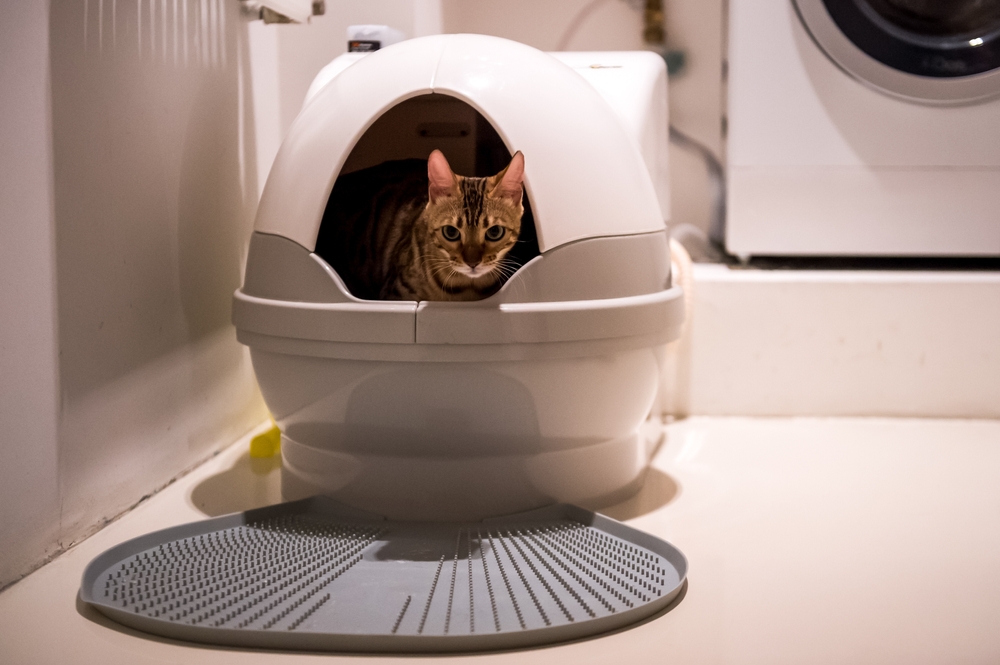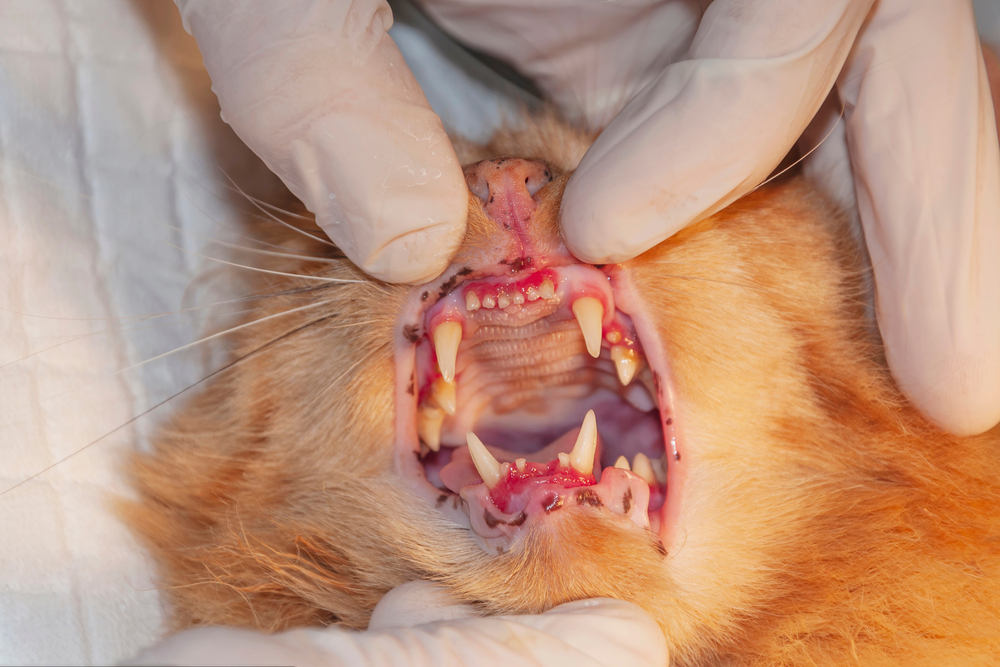Helping Your Furry Friend Age Gracefully: Tips for Caring for Older Pets
As pets age, it's natural for their pace of life to slow down. Recognizing and understanding these changes is crucial in providing the care and support they need during their golden years. At Best Friends Veterinary Care in Nesconset, New York, we observe this transition with a compassionate perspective, ensuring that pet owners are equipped [...]












